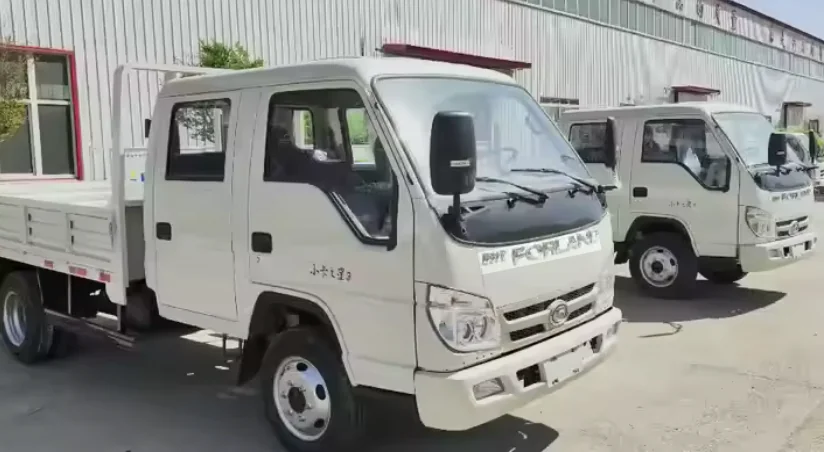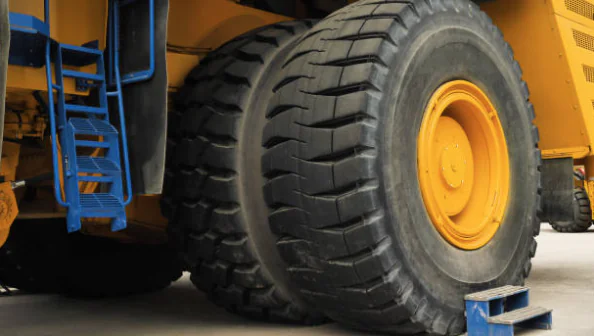In the vast agricultural sector, agricultural tyre is are more than just a component, it is a critical tool for improving efficiency and productivity. Agricultural tyre, commonly referred to as “Agricultural tire”, is the tire designed specifically to meet the unique needs of agriculture and farming operations. Unlike road tires, agricultural tires are designed to overcome the challenges of changing terrain, heavy loads, and adverse weather. In this article, let delve into the definition,
1. What Is Agricultural Tyre?
Agricultural tyre is characterized by their rugged construction and special tread patterns. They are larger and stronger than standard tires to accommodate the heavy machinery used in agriculture. The tread design is critical and often features deep and aggressive patterns to provide excellent traction in soil, mud, and other off-road conditions common in agricultural environments. KT179 650 65 R38 Tyre and KT7 R-1 9.5 24 Ag Tyre are two types of typical agricultural tyres made by Forlander Tire.
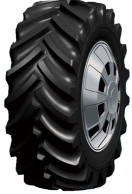
KT179 650 65 R38 Tyres :
KT179 650/65R38 tractor tires are specifically designed and engineered for low-speed, short-distance operations across various soil conditions and terrains. These agricultural tires provide optimal performance and traction for farm equipment.

High Quality KT7 R-1 9.5 24 Ag Tires:
KT7 R-1 9.5 24 ag tires, also known as agricultural tires or farm tires, are specially designed for use on various types of farm equipment and vehicles like tractors, loaders, and backhoes.
2. What Are Advantages of Forlander Agricultural Tyre?
The advantages of agricultural tyre are manifold, tailored to the specific needs of the agricultural sector:
2.1 Enhanced Traction
The tread patterns on agricultural tyres are designed to bite into the soil, providing superior grip and minimizing the risk of slippage, even in wet or loose conditions.
2.2 Durability
Constructed with heavy-duty materials, these tyres are made to withstand the rigors of constant use and the abrasive nature of soil and gravel.
2.3 Load Capacity
Agricultural tyres are engineered to support the substantial weight of farming equipment, ensuring that tractors, harvesters, and other machinery can operate effectively without tyre failure.
2.4 Puncture Resistance
With reinforced sidewalls and puncture-resistant compounds, these tyres can resist damage from sharp objects often encountered in the field.
2.5 Versatility
Suitable for a wide range of agricultural tasks, from tilling to harvesting, these tyres adapt to various soil types and conditions.
2.6 Reduced Soil Compaction
The larger footprint of agricultural tyres helps to distribute the weight of machinery more evenly, reducing soil compaction and promoting healthier crop growth.
2.7 Improved Manure Distribution
Some tyres are designed with specific tread patterns to evenly spread manure and other fertilizers, ensuring optimal nutrient distribution for crops.
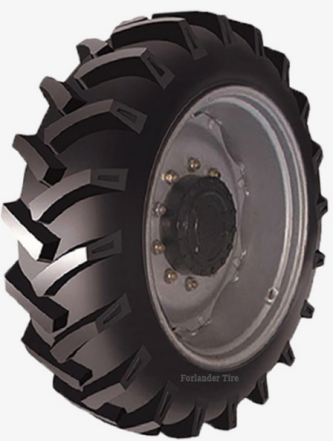
Forlander KT6 R-1 11.2 24 tractor tire for sale offers a deep lug pattern, open-center tread design, special rubber compounds, robust construction, and OEM/ODM availability. These features contribute to superior traction, self-cleaning capabilities,durability, and customization options, making it an ideal choice for farm tractors and other agricultural machinery.
3. What Is Agricultural Tyre Used For?
The utility of agricultural tyres extends across a broad spectrum of farming activities:
3.1 Field Operations
From the initial plowing to the final harvest, agricultural tyres are indispensable for providing the necessary traction and stability for tractors and other heavy machinery.
3.2 Transportation of Goods
They facilitate the movement of harvested crops, farm supplies, and heavy equipment across the farm and to market.
3.3 Livestock Management
In dairy and livestock farming, these tyres can be used for tasks such as manure spreading and maintaining the cleanliness of pastures.
3.4 Construction and Maintenance
Agricultural tyres are also used in the construction and maintenance of farm infrastructure, such as building fences, barns, and irrigation systems.
3.5 Specialty Vehicles
They are fitted on vehicles designed for specific agricultural tasks, such as vineyard management, where the tyres need to navigate rows of vines without causing damage.
3.6Forestry and Logging
In forestry, agricultural tyre is used on machinery that operates in rough terrain, requiring tyres that can handle the weight and provide traction on uneven ground.
3.7 Irrigation Systems
For farms with extensive irrigation systems, agricultural tyres ensure that machinery used for water management can operate effectively without sinking into the soil.
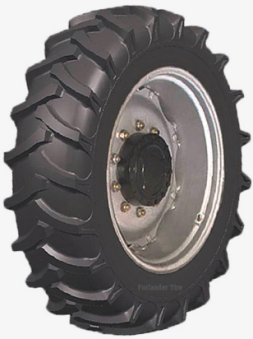
KT676 R-1 tractor tires are built to withstand the demands of agricultural and construction tasks, offering stability and reliability while allowing tractors and heavy machinery to navigate effectively. These tires are commonly used for plowing, tilling, planting, harvesting, and other field work.
4.What Are The Future of Agricultural Tyre?
As agricultural technology continues to advance, so too will the design and performance of agricultural tires. Innovations in tire technology are becoming more common, such as the development of tires with sensors to monitor tire pressure and temperature. In addition, the drive for sustainability is driving the development of greener tires that last longer and have less impact on the environment.
Conclusion
More than just a means of transportation, agricultural tires are an essential component of modern farming practices. Their design and functionality are tailored to the unique challenges of agricultural work, providing farmers with the tools they need to maximize efficiency and productivity. As the agricultural industry continues to evolve and adapt, the role of agricultural tires will become even more critical, ensuring that the world’s food supply remains secure and sustainable.
